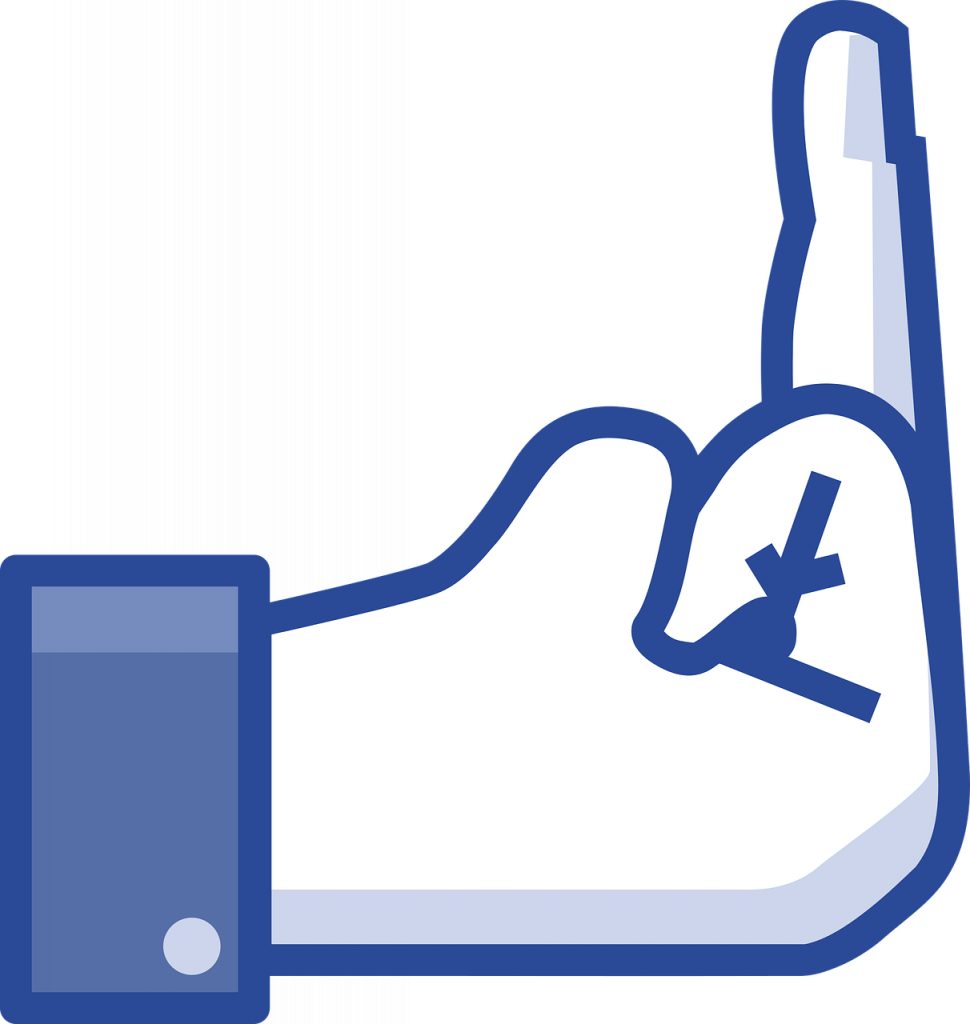
The underside of the world woke up today to find their world turned upside down. Facebook made good on its threats, and then some. Faced with legislation that would require it to pay for sharing news content on its platform, the company didn’t just take their ball and go home. They tore the sandlot up, too.
They didn’t just block the flow of Australian news to Australians on their service. They blocked Australian news globally.
Their definition of ‘news’ was construed in a childishly literal way. Caught in the blast radius were government-run public health and safety sites, literary publications, travel sites, and a broad swathe of material by and for people in the Pacific islands.
This scorched earth strategy is astonishingly short-sighted.
Before we go further though, let’s dispense with a few arguments:
Some have argued that the Australian government’s law is nothing more than a shakedown driven by Rupert Murdoch, whose malignant silhouette looms even larger across the Australian media landscape than it does the American.
That’s partly true. It is hard to imagine the Murdoch-backed Coalition government enacting this sort of thing at anyone else’s behest. In fact, early drafts of the bill left Murdoch’s lifelong nemeses, the public broadcasters, out in the cold.
But the current legislation has the support of all major media companies, large and small, public and private. It’s also backed by the majority of Australians.
There’s no question: This FB-Bomb will be a public relations disaster Down Under.
Some say the government’s intervention is unprecedented and unconscionable. It may indeed be novel. But it’s not nearly as controversial as it’s portrayed.
Government regulation in the media sector is hardly new. There isn’t a nation in the world that doesn’t do it. Taxes are used in a number of jurisdictions to subsidise media. Calling this a shakedown is only true if you’re one of a group of internet libertarians who haven’t yet come to terms with the fact this we’re done homesteading the Noosphere. The Internet’s been staked and fenced for a while now. This battle’s between the Land Barons.
Some have claimed the Mandatory Bargaining Code is an unworkable mess. It ain’t pretty, that’s true. But it is workable.
It’s awkward, though. The whole premise that media companies should negotiate a fee with platform companies is… novel. I suppose if this were the EU, the government would have set a fee per thousand clicks and run the payments through its taxation service. That would have been a much blunter—and heavier—instrument, but more equitable. And (justifiably) likely to make the libertarian crowd bark even louder.
But here’s the thing: The bill outlines a well-defined process that enforces an even-handed and equitable approach to the matter. This lever pulls in both directions. Much moreso than a top-down tax.
In a move that Kara Swisher accurately described as ‘cloddish’, Facebook reacted to bill by reaching straight for the Big Red Button. Only a few sentences in, we’ve reached the La La La Can’t Hear You stage of the argument.
They could have targeted their anger.
The Bill requires that news organisations register themselves with the Australian Communications and Media Authority and express their intent in order to be eligible for mandated negotiation. If Facebook had simply said, ‘If you register, we will block you’, they’d be entirely within their rights.
Nobody’s questioning their right not to pay.
Instead though, Facebook grabbed a general definition of a news source from the prefatory matter in the legislation, and axed everything even remotely resembling that definition. In the process, they made it harder for millions of Australians and Pacific islanders to receive cyclone warnings and weather updates, vaccination information, bush fire alerts, and community notices. They even blocked their own media page.
Amy Remeikis adds that even the North Shore Mums group has been silenced, for heaven’s sake.
And we here in the Pacific islands are sitting here bemused. Learning once again that when whales go to war, it’s the minnows that suffer.
Facebook has a de facto social media monopoly in most, if not all, Pacific island countries. Telcos used free Facebook as a loss leader to lock users into their platforms. As a result, millions of cash-poor mobile users use the platform as their primary interface to the internet. News, alerts, current events all begin—and sometimes end—with Facebook.
Social media content is cached locally, too, reducing costs for telcos, who pay some of the highest bandwidth prices in the world. Video and image content from other sources is often much, much slower.
In the minds of many islanders, it’s just too time-consuming and too costly to load even a single web page on spec. People are so accustomed to Facebook, it’s likely that most wouldn’t even know what to type into the address bar. You may think I’m exaggerating. I wish I were. A disturbingly large number of people do not know how to use Google search. They access everything online through social media.
I’m not blaming Facebook for these problems. I’m blaming them for not caring about the damage they’re doing. They have options. There are absurdly easy ways to target a service block if that’s what they insist on doing.
But with the way they’re acting now, they’re harming millions of people who didn’t need to be harmed. As the Ms Swisher said, “In the war between whom do you like least, FB will inexplicably lose to Murdoch.”
